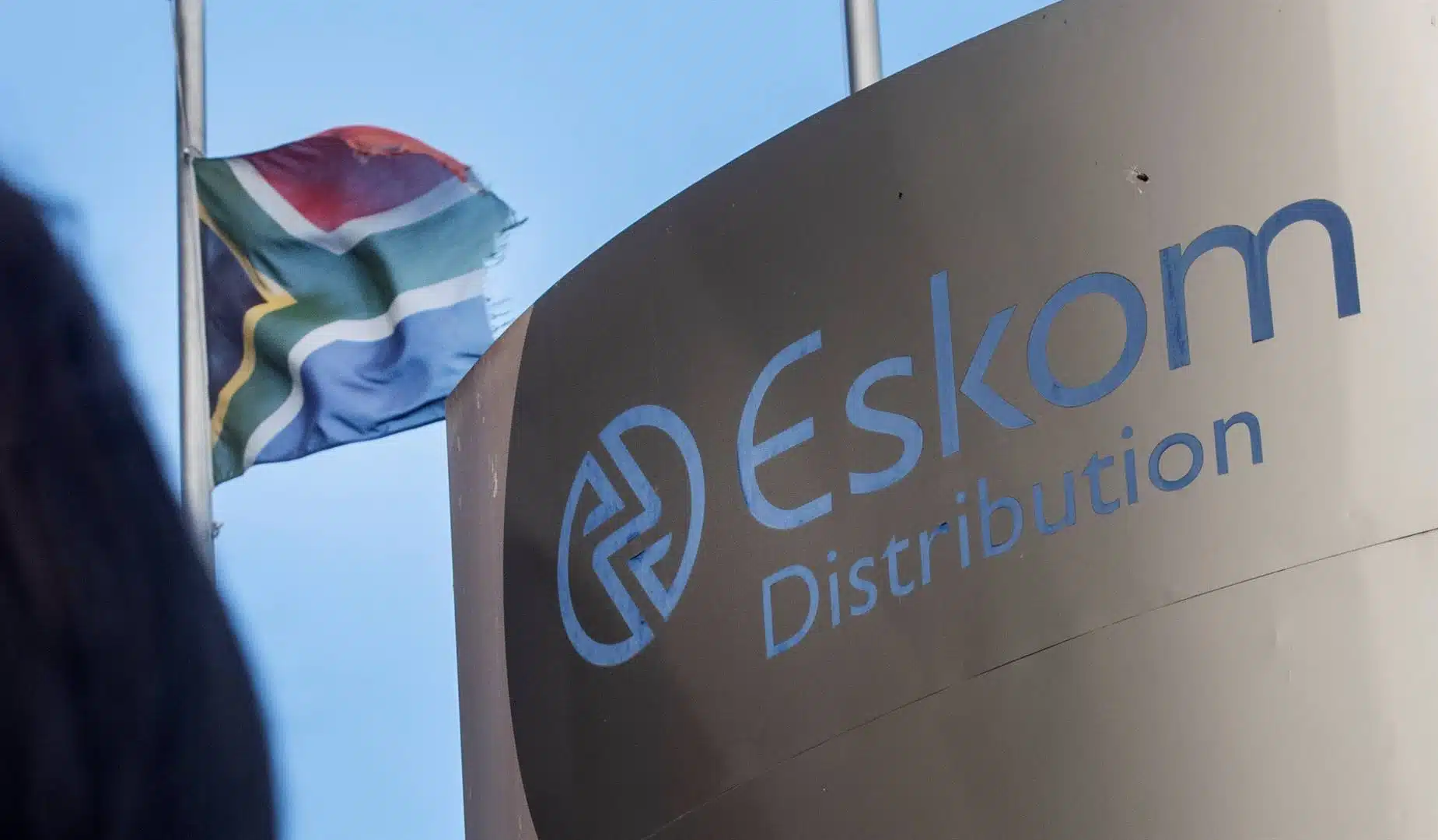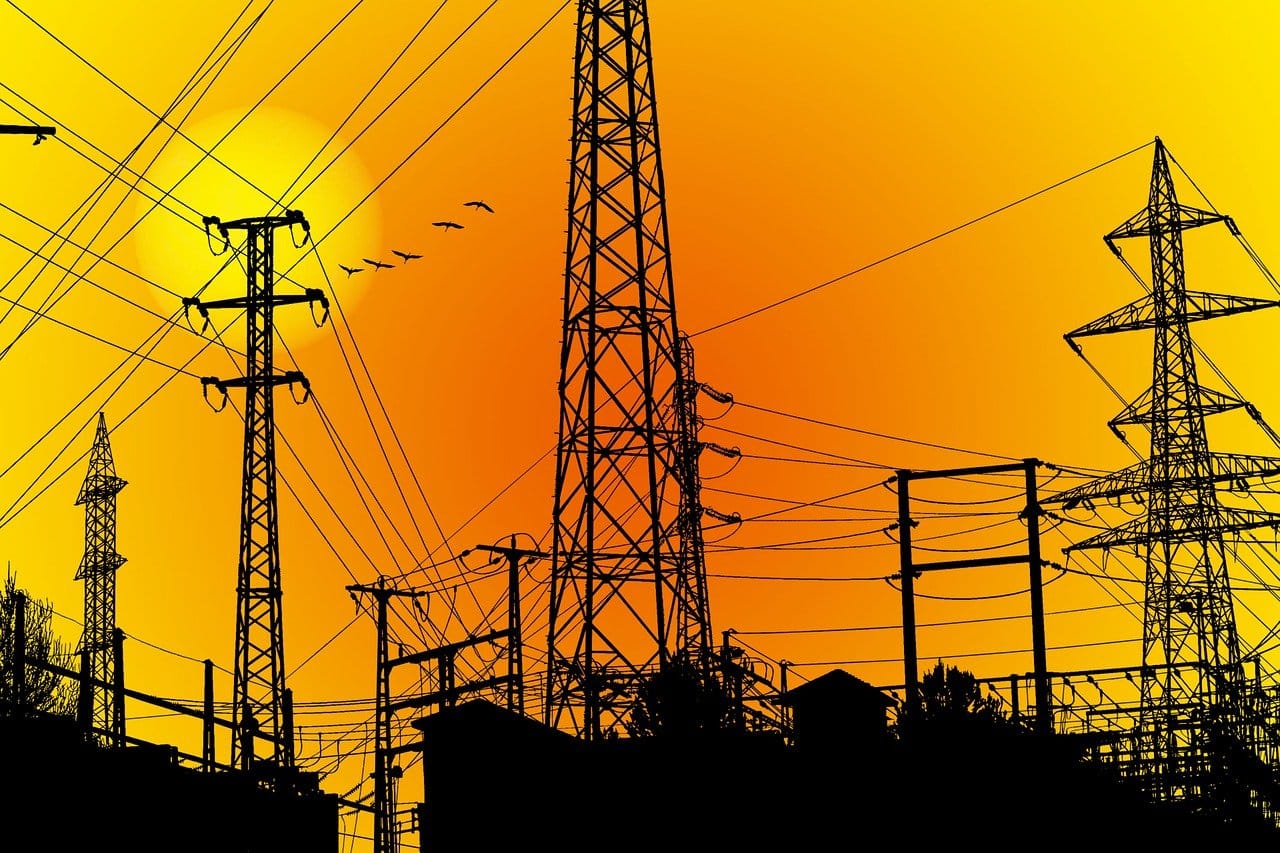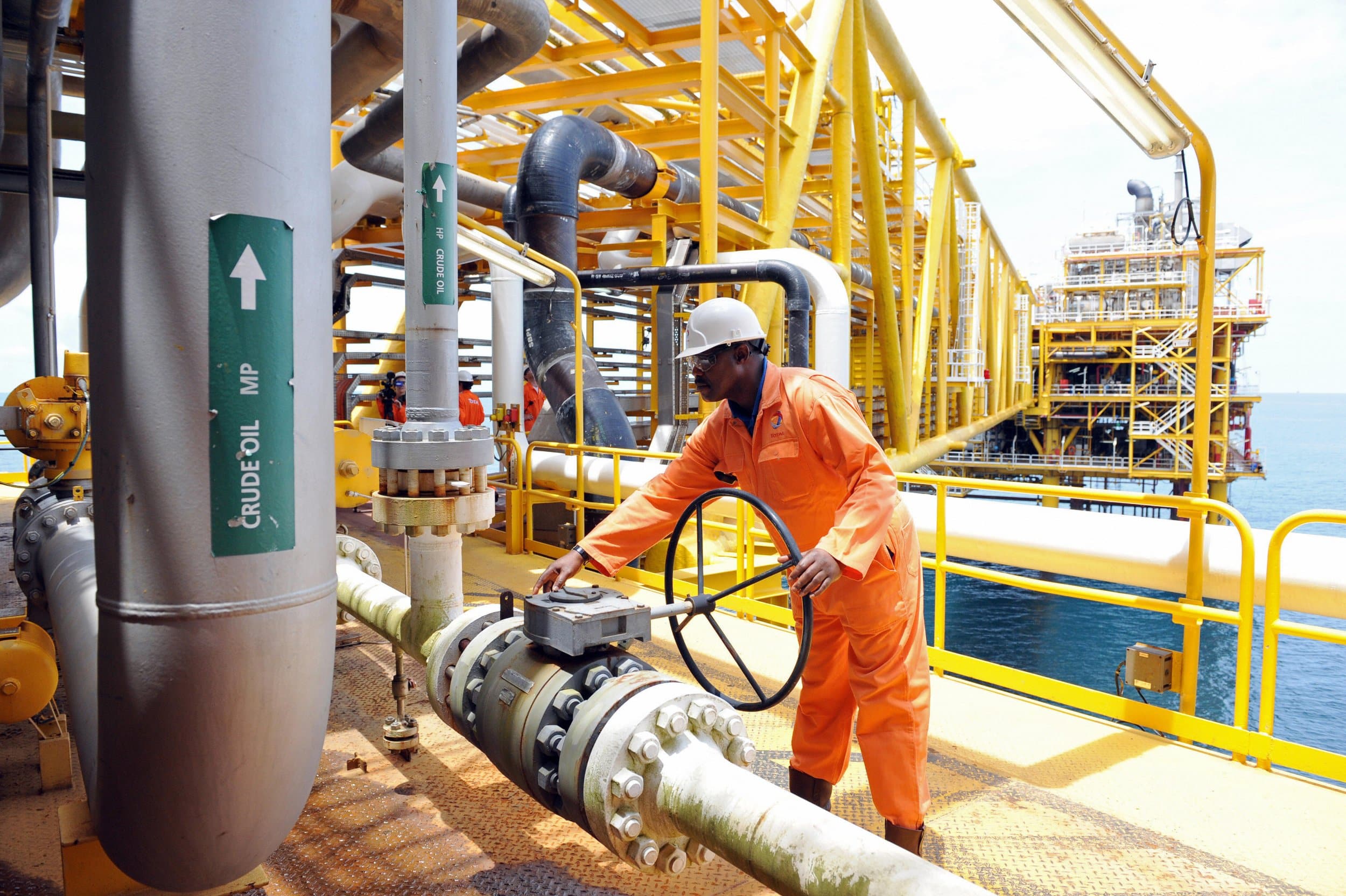South Africa’s state-owned power utility, Eskom, has recorded its first full-year profit in eight years, signaling a turnaround after prolonged financial losses and power shortages.
The utility posted a profit after tax of R16 billion ($926 million) for the year ended March 2025, compared to a R55 billion ($3.2 billion) loss in the previous year.
Chief Financial Officer, Calib Cassim, said the focus is on improving long-term sustainability.
He emphasized that Eskom will only return to bond markets in 18 to 24 months, once conditions are favorable.
“The worst thing to do is to get short-term money. We want long-term money, so we are only looking to go back to the market at around 2028,” Cassim said.
Eskom also reduced its total debt to R372 billion ($21.6 billion) from R412 billion ($23.9 billion) a year earlier and is targeting a further cut to R300 billion ($17.4 billion) to strengthen its credit profile.
Rising community debt
While Eskom has managed to stabilize electricity supply in recent months, the company said it continues to grapple with unpaid bills from local governments.
Community debts rose 27% to R94.6 billion ($5.5 billion) by March 2025, creating pressure on its balance sheet.
Chief Executive Officer, Dan Marokane, warned that rising arrears are delaying the government’s plan to restructure Eskom into three entities — generation, transmission, and distribution.
He added that the debt problem is also slowing efforts to open the system to private producers that can supply cheaper electricity.
“Eskom is working with government to see if we can leverage access to an equitable share of what municipalities owe us,” Marokane said.
He added that Eskom is preparing a distribution urgency agreement to work more closely with municipalities and reduce these losses.
Investment and renewable push
Meanwhile, Eskom added that it is committing R320 billion ($18.5 billion) over the next five years to maintain and expand its infrastructure.
A key part of this plan is the creation of Eskom Green, a new business unit focused on renewable energy.
Marokane disclosed that Eskom is already in talks with potential partners who can help de-risk its balance sheet and bring technical expertise in renewable projects.
The company holds access to land near grid connections and has large-scale engineering capacity.
He said this operational experience gives Eskom an advantage in expanding renewable generation.
While the immediate priority is establishing Eskom Green, Marokane noted that the unit could be listed on the market in the future as part of growth and financing options.
Future growth plans
Marokane highlighted that Eskom’s growth strategy is anchored in renewables, nuclear, gas-to-power, and hydro.
He said the company will also provide services to stabilize the grid as more renewable capacity is added.
Another growth opportunity lies in powering data centers, which require significant base-load power and reliable support services.
“We see growth for Eskom coming from renewable, nuclear, gas-to-power, and hydro,” Marokane said
Ongoing Challenges
Despite its return to profitability, Eskom continues to face operational challenges.
Recently, the utility introduced load reduction in several major cities to protect transformers and substations from overloads caused by illegal connections and power theft.
Eskom spokesperson Daphne Mokwena explained that meter bypasses and illegal hookups strain local networks, causing equipment failures and costly transformer replacements.
While these challenges persist, Eskom maintains that tackling infrastructure losses and community arrears is central to securing reliable electricity supply and ensuring sustainability.









